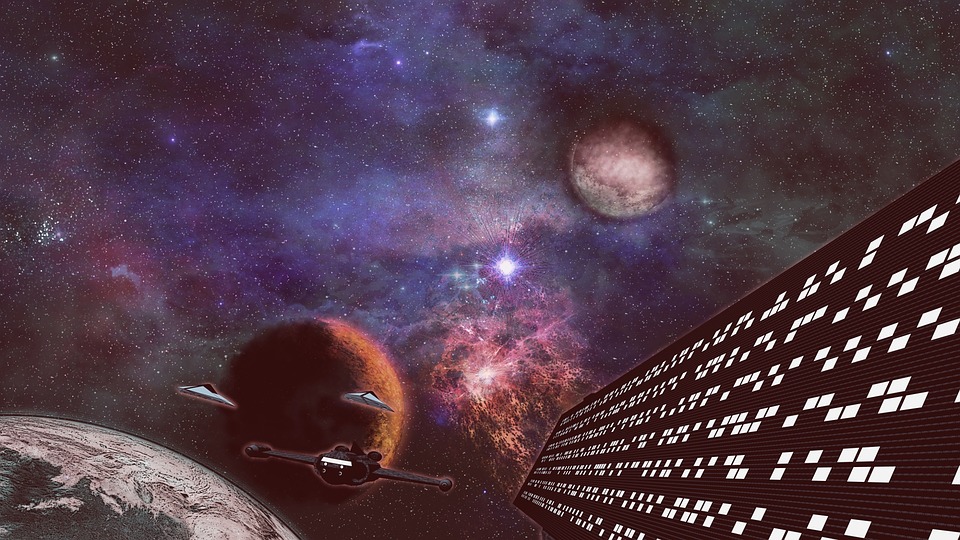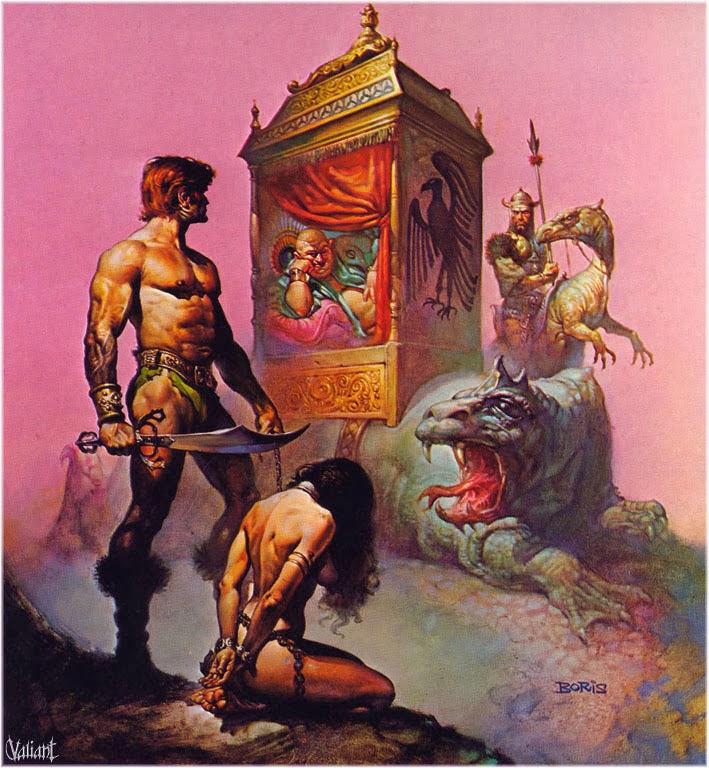Science fiction, or "sci-fi," has been captivating audiences for over a century with its imaginative tales of futuristic worlds, advanced technologies, and extraordinary characters. These stories often delve into themes that are both timeless and thought-provoking. Here are some common themes in science fiction stories that continue to resonate with readers today:
The Effects of Technology on Society
One of the most enduring themes in sci-fi is the exploration of how advancements in technology shape human society. This can take many forms, from utopian visions where technology brings about unprecedented progress and prosperity to dystopian nightmares where it leads to oppression, alienation, and environmental devastation. Examples include Aldous Huxley's "Brave New World" (1932), George Orwell's "Nineteen Eighty-Four" (1949), and Philip K. Dick's "Do Androids Dream of Electric Sheep?" (1968).
The Quest for Knowledge
Another recurring theme in sci-fi is the search for greater understanding and wisdom about ourselves, our universe, and our place within it. This often involves exploring mysterious phenomena, encountering alien civilizations, or uncovering long-hidden secrets. Stories that explore this theme include H.G. Wells' "The Time Machine" (1895), Arthur C. Clarke's "2001: A Space Odyssey" (1968), and Frank Herbert's "Dune" (1965).
The Clash of Civilizations
In many sci-fi narratives, humanity encounters alien species with vastly different cultures, values, and ways of life. This leads to a clash between the two civilizations, often resulting in conflict or collaboration. Examples include Orson Scott Card's "Ender's Game" (1985), Octavia Butler's "Kindred" (1979), and Star Trek: The Original Series (1966-1969). 4. The Human Condition: Despite their focus on futuristic settings and extraterrestrial scenarios, sci-fi stories often explore timeless aspects of the human condition such as love, loss, loyalty, betrayal, and the quest for identity. These themes provide a relatable backdrop against which the more fantastical elements of the story can unfold. Examples include Ray Bradbury's "Fahrenheit 451" (1953), Margaret Atwood's "The Handmaid's Tale" (1985), and Lois Lowry's "The Giver" (1993).
The Power of the Individual
Sci-fi is known for its heroic protagonists who defy the odds and overcome seemingly insurmountable challenges to save the world or alter its destiny. These characters often embody traits such as courage, intelligence, resourcefulness, and moral conviction that enable them to rise above their circumstances and make a difference. Examples include Robert A. Heinlein's "Starship Troopers" (1959), Suzanne Collins' "The Hunger Games" (2008), and Veronica Roth's "Divergent" (2011) series.
These themes continue to captivate readers because they reflect our deepest fears, desires, and aspirations as a species. Sci-fi allows us to explore these ideas in a safe and imaginative space, providing both escapism and food for thought about the world we live in today.



